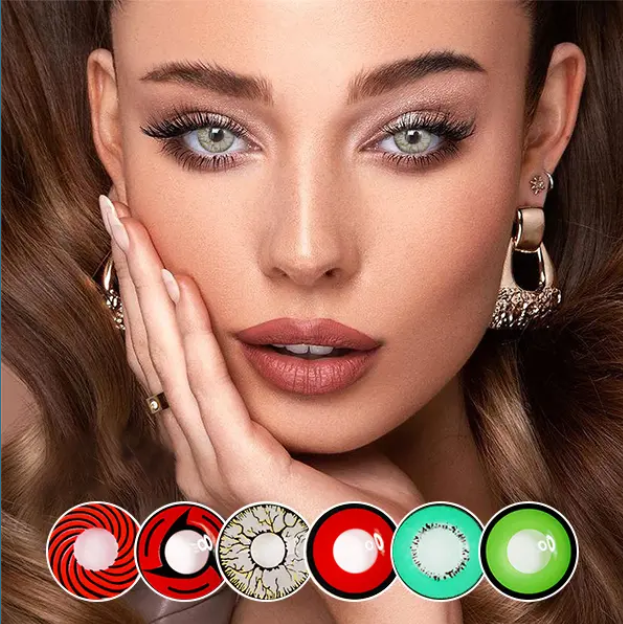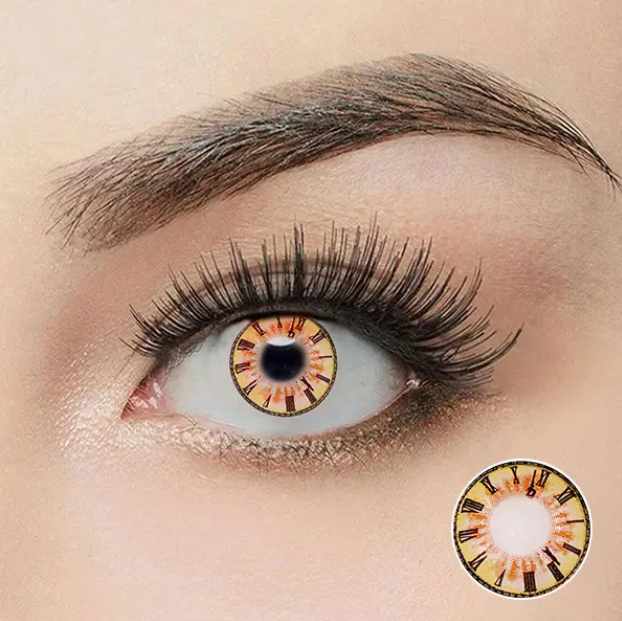Researchers have found PFAS in many popular contact lenses. Are there PFAS-free contact lenses? Let’s look at the alternatives.
If you try to reduce or eliminate your exposure to forever chemicals, you may be missing a critical point of contact: your eyes. According to The Guardian, a 2023 study found that many soft contact lenses contain PFAS.
Research tests have shown that 18 popular soft contact lenses in the United States contain extremely high levels of organic fluoride, a marker for PFAS. However, we’re here to help—read on to learn about the research and our recommendations for PFAS-free contact lenses.
Scott Belcher of North Carolina State University was the scientific advisor for the study, which was published in May 2023.
Contact Lenses For Astigmatism
PFAS are man-made chemicals found in cosmetics, drinking water, toilet paper, microwave popcorn bags, carpets and many other consumer products. They are often called “forever chemicals” because they degrade very slowly. Excessive exposure to PFAS has been linked to health problems such as cancer, obesity, decreased fertility and high blood pressure.
In the study, Acuvue, Alcon and Coopervision brand contact lenses were tested for organofluoride compounds in an EPA-certified laboratory, and some brands had higher levels of PFAS than others. The Guardian reported that PFAS levels in those exposed ranged from 105 parts per million (ppm) to 20,700 ppm.
Belcher told Mamavation, a public health blog that commissioned testing in partnership with Environmental Health News, that organofluorine compounds found in contact lenses are caused by PFAS fluoropolymers, a common soft plastic material used to make disposable soft contact lenses.
The highest levels of organofluorine compounds (20,000 ppm or higher) are found in Alcon Air Optix (without Hydraglid) lenses for astigmatism, Air Optix Colors with Smartshield technology, and Total30 daily wear contact lenses.
Below are some brands that claim to make PFAS-free contact lenses; however, none of these claims have been verified by third parties.
Shortly after the report on PFAS in contact lenses was published, New York-based Eiyan Lens announced in a press release that all of its contact lenses are PFAS-free.
Although Eiyan contact lenses were not tested in the study, the company assures customers that its lenses are made of silicone hydrogel and do not contain PFAS.
Optometrist Dr. Sam Byrne of the Eyeclarity podcast says manufacturer Visco Vision makes its own brand of silicone hydrogel lenses that are PFAS-free.
Contact Lenses For Astigmatism
A Bausch & Lomb spokesperson said in a statement to Vision on Monday that none of the company’s soft contact lenses “contain fluorinated polymers or PFAS.”
However, Bausch & Lomb contact lenses were not included in the study, and the company did not provide any evidence of testing its lenses for PFAS.
According to Mamavation, the best contact lenses contain less than 200 ppm of organofluoride compounds. These contacts:
© Copyright 2023 Green Matters. Green Matters is a registered trademark. All rights reserved. People may receive compensation for some links to products and services on this site. Offers are subject to change at any time without notice.
Post time: Sep-23-2023





